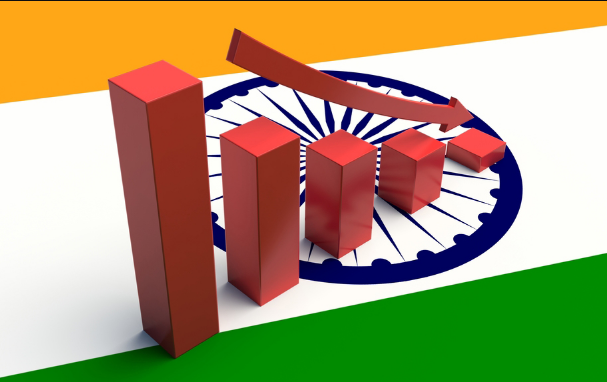The relentless surge in Covid-19 cases over the past few weeks has created considerable uncertainty over the state of the Indian economy. Several states have, in response to the spurt in cases, begun to impose restrictions on economic activities. While the restrictions being imposed are, as of now, less severe than those imposed last year, their impact has begun to be felt in the broader economy. Nomura’s India Business Resumption Index fell to 83.8 in the week ending April 18, down from 99.3 a month ago. To put this fall in perspective, the index was at 83.3 in the week ending October 25, 2020, implying that the economy is currently operating at levels last seen around end October 2020.
Read More: Should election campaigns be made virtual?
Analysts have already begun paring their once ebullient growth estimates for the year. Care Ratings has lowered its expectations of growth this year to 10.2 per cent, from 10.7-10.9 per cent earlier, while economists at SBI too have scaled down their projections from 11 per cent to 10.4 per cent. While the economic data may still look better, this is simply an optical illusion. The year-on-year estimates will look good because of a low base effect — the sequential quarter-on-quarter improvement may not materialize along expected lines.
To buy our online courses: Click Here
With the pace at which cases are rising, the worry is that governments may end up imposing even stricter and extended restrictions on activities to curb the spread of the virus. This will further depress economic activities and cause disruptions in supply chains, which coupled with higher commodity prices, will exert upward pressure on inflation, complicating the task before the Monetary Policy Committee.
Governments will also find themselves in a challenging situation. To address the economic stress — reports of migrants leaving cities have already started to surface signaling the extent of uncertainty and the underlying distress — governments may have to respond by providing greater support to the economy than has been visible so far. But slower than expected growth will also dampen their revenues, forcing them to borrow more, putting further pressure on bond yields. Ratings agency, Fitch, which recently affirmed India’s “BBB-” sovereign rating, has warned that the outlook is negative, as there continues to be uncertainty over the country’s debt trajectory following the deterioration in public finances.
This economic uncertainty is unlikely to dissipate rapidly unless the COVID caseload begins to decline. Thus the primary objective of governments, at all levels, should be to expand the relief provided, ensure the availability of basic medical supplies, and work towards a dramatic ramp-up of the vaccination programme.





